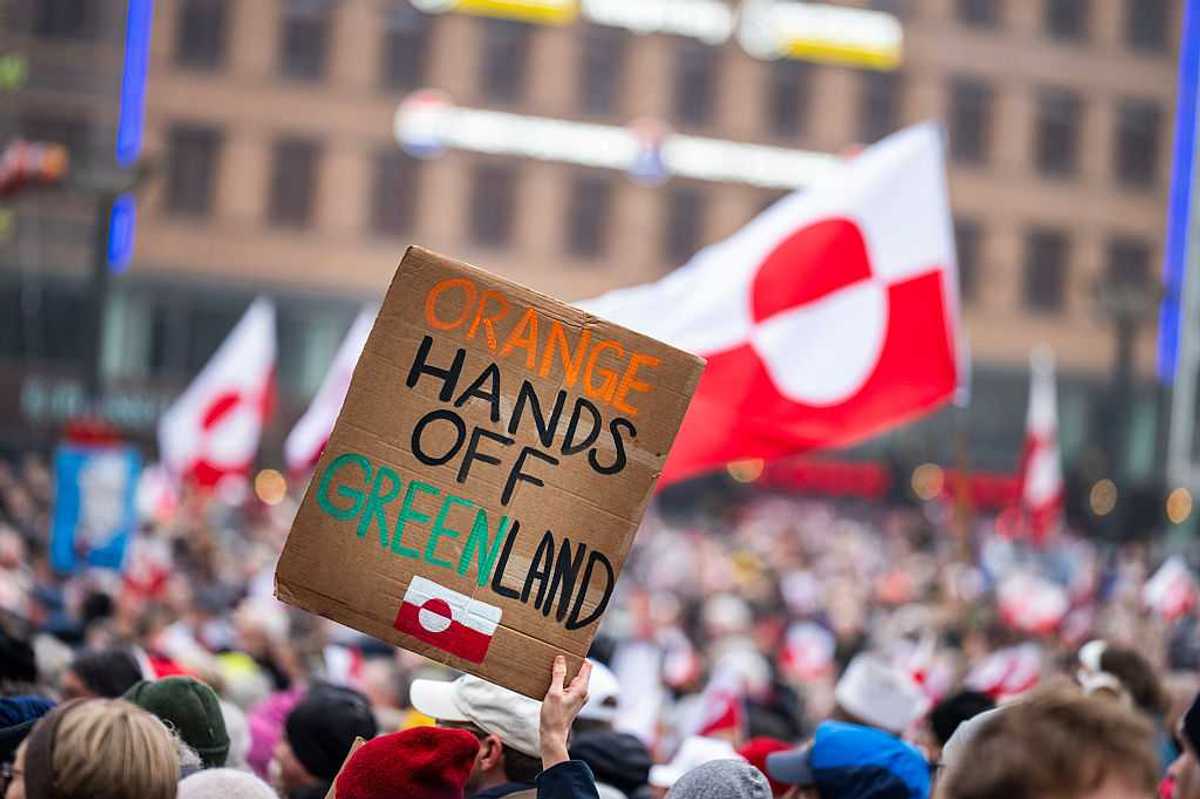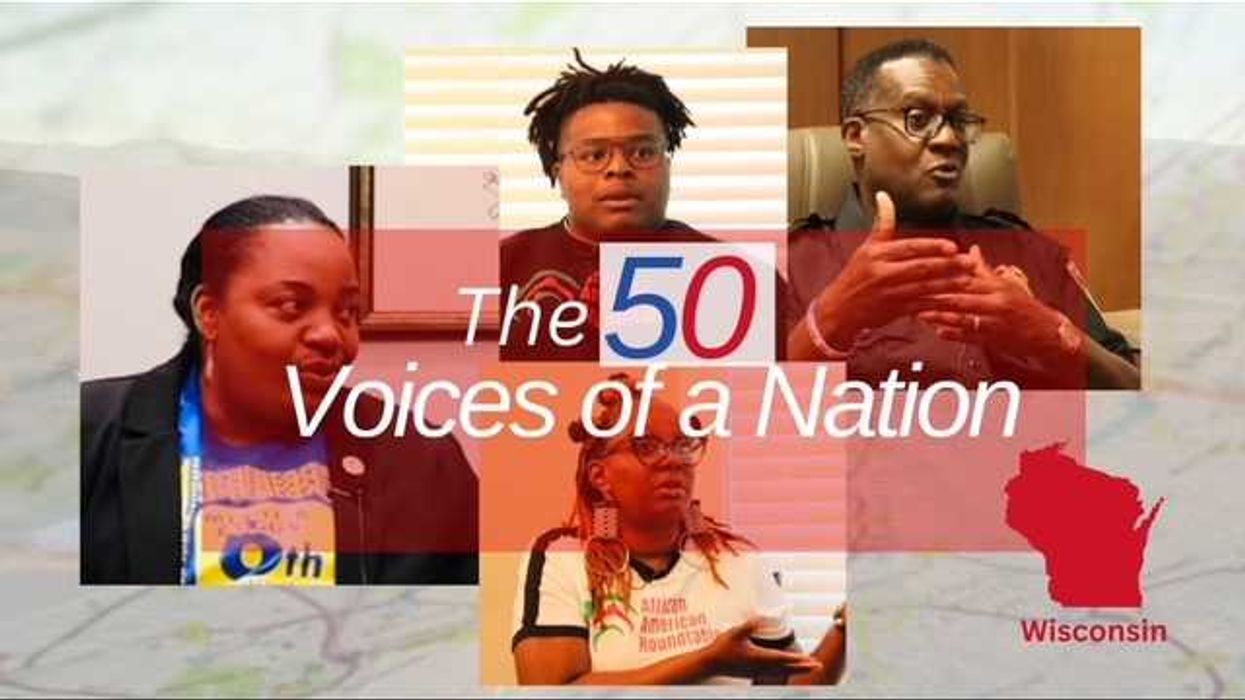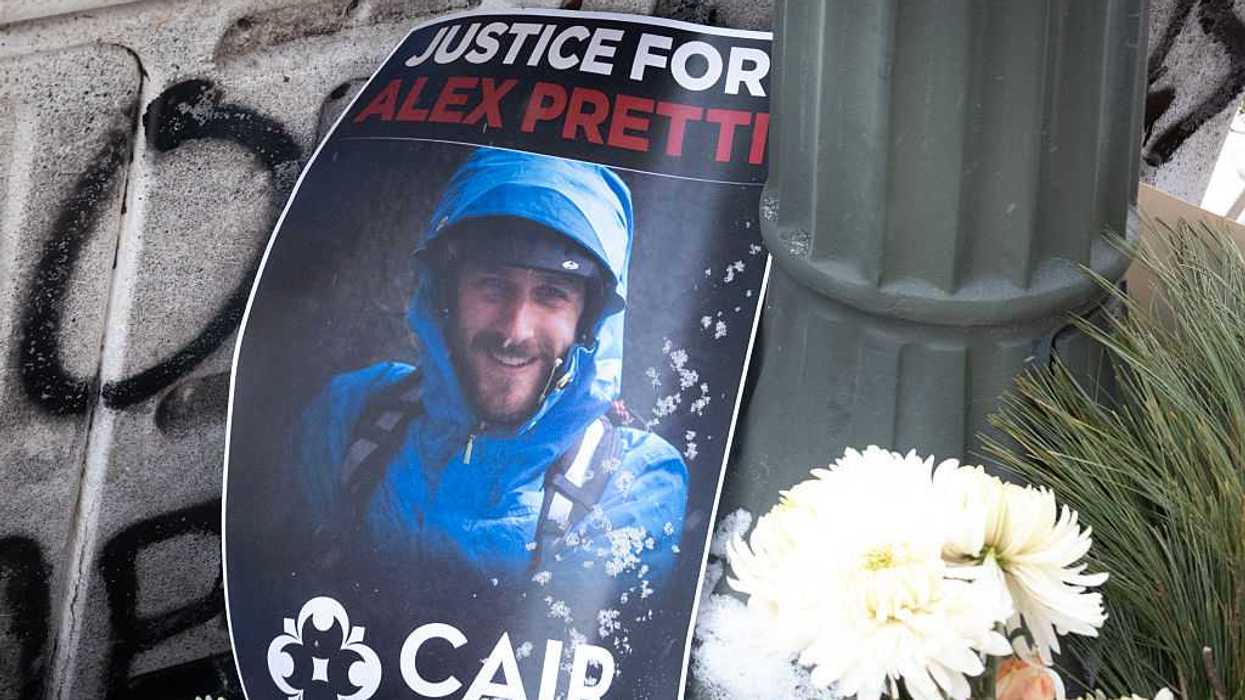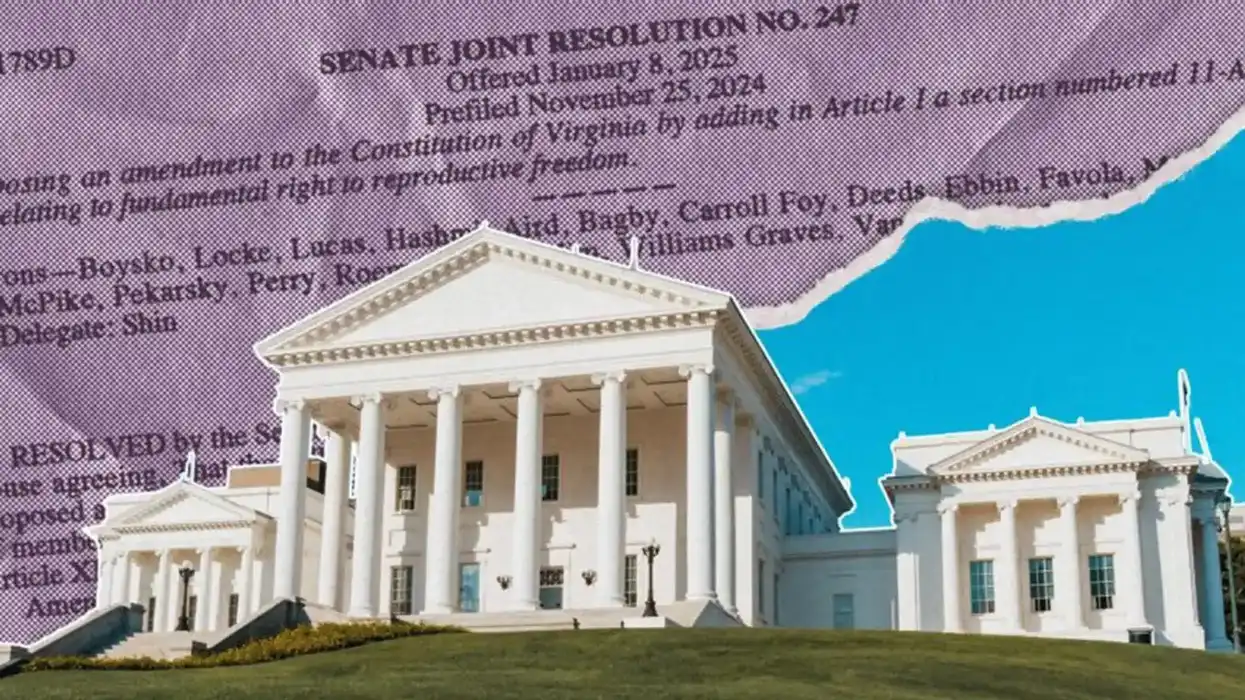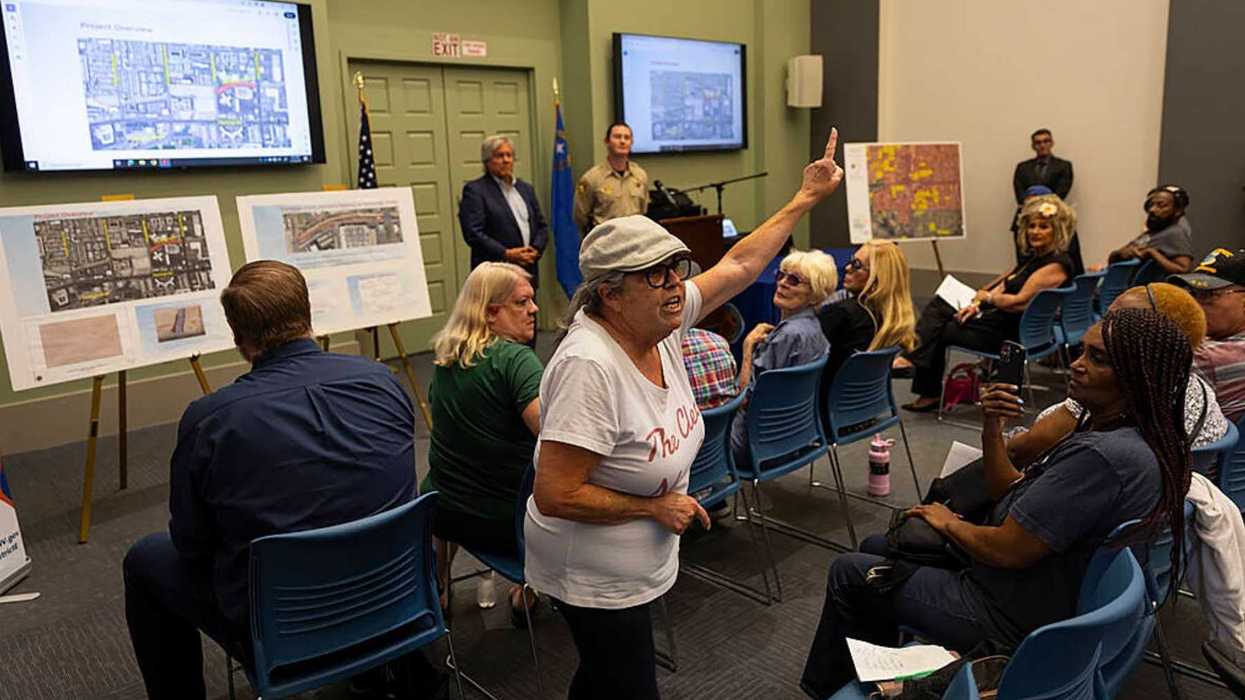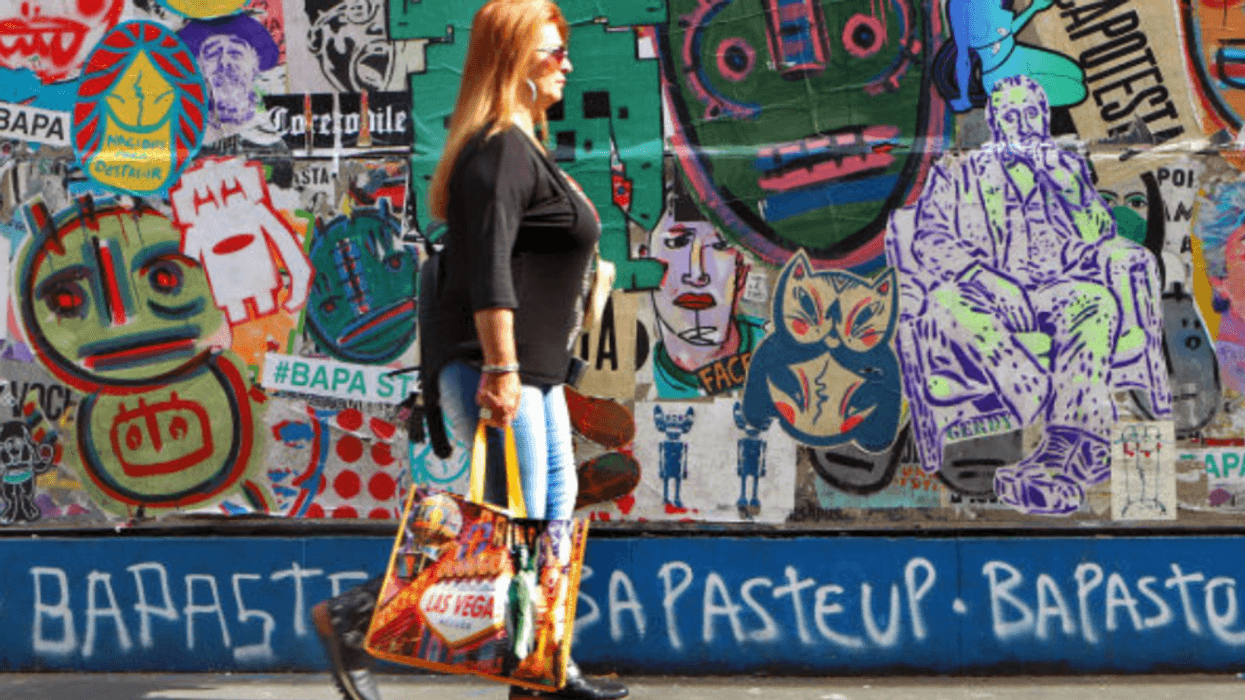- The 50 is a four-year multimedia project in which the Fulcrum visits different communities across all 50 states to learn what motivated them to vote in the 2024 presidential election and see how the Donald Trump administration is meeting those concerns and hopes.
Milwaukee, Wisconsin—more than just the state’s largest city—is a political compass point with a legacy steeped in progressive activism, labor organizing, and urban reform. As a reliably Democratic stronghold, Milwaukee consistently backs the Democratic Party in presidential contests and elects Democratic lawmakers to both the state legislature and the U.S. Congress.
In the 2024 presidential election, Wisconsin emerged as a pivotal battleground. Donald Trump secured the state with 49.6% of the vote—the highest share for a Republican candidate in Wisconsin since Ronald Reagan’s sweeping victory in 1984.
In a city long shaped by debates over public safety and policing, a grassroots movement is reframing the conversation: What if safety came from investment in people, not punishment?
LiberateMKE, a coalition of community organizers, artists, and policy advocates, has been at the forefront of this shift. Since its founding in 2019 by the African American Roundtable (AART), the group has called for divestment from the Milwaukee Police Department (MPD) and reinvestment in housing, mental health services, youth programming, and violence prevention.
"We saw in the City budget that too much money was going to the police," said Devin Anderson, Campaign and Membership Director with AART. "Extract money from their budget, over $300 million year after year, and invest in the programs that people care about."
"There are good people that are police, but if you continue to try to build on a soil that is polluted, you're going to continue to bring forth things from that soil that's polluted. No matter how you try to build something else on top of it, the foundation and the roots of it is to protect property, and it's never to protect people," said Markasa Tucker-Harris, Executive Director at AART.
LiberateMKE didn’t stop at advocacy—they pioneered participatory budgeting in Milwaukee, enabling residents to decide how public funds are spent directly.
- YouTube youtu.be
In July 2025, Alderwoman Milele A. Coggs introduced legislation that marked a historic turning point. Her proposal established the MKE Community Impact Committee, a citizen-led panel responsible for overseeing the $600,000 MKE Community Impact Fund, which is earmarked specifically for non-police public safety solutions.
“The MKE Community Impact Committee will have its hands directly in making key funding recommendations for ways to improve public safety,” Coggs said in a city statement. “This is about putting power in the hands of residents who know their communities best.”
While the Milwaukee Police Department (MPD) has not issued a direct public statement specifically responding to LiberateMKE’s 2025 campaign, past reactions from department leadership offer insight into their stance on police budget reductions.
In previous years, MPD Chief Jeffrey Norman expressed concern about the impact of budget cuts on public safety. “We understand the community’s desire for change,” Norman said in a 2021 interview with the Milwaukee Journal Sentinel, “but reducing our capacity without a clear and effective alternative risks leaving vulnerable neighborhoods without timely support.”
However, the department has participated in violence prevention partnerships and community engagement efforts, signaling a potential shift toward more integrated models of safety.
"We do have the same goal. Safety. A better neighborhood. We just have different ways of going about it. Let's stop talking about our differences. What do we agree on?" said Norman.
Other Episodes To Watch:
Connecticut: Democracy, Innovation, and Economic Resilience
Empowering Citizens in Illinois: How Community Television Strengthens Democratic Voices
Community Policing in New Jersey Strengthens Trust With the Public
Improving Infrastructure In Washington To Benefit Both People and Nature
Concern Over Education and Family Services in Rhode Island
In Swing-State Pennsylvania, a Latino-Majority City Looks Back at the 2024 Election
Hugo Balta is the executive editor of the Fulcrum. He is also the publisher of the Latino News Network.


